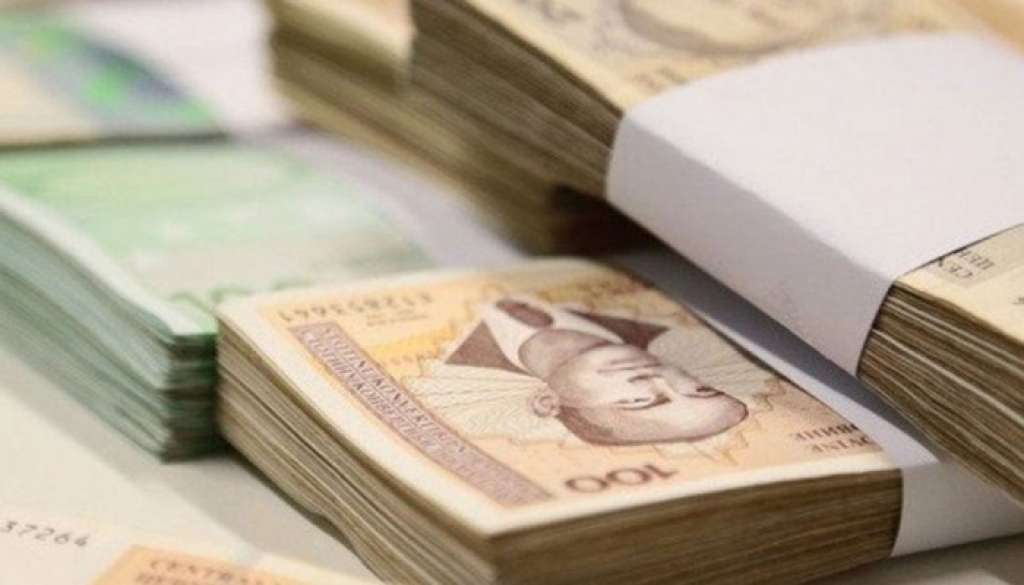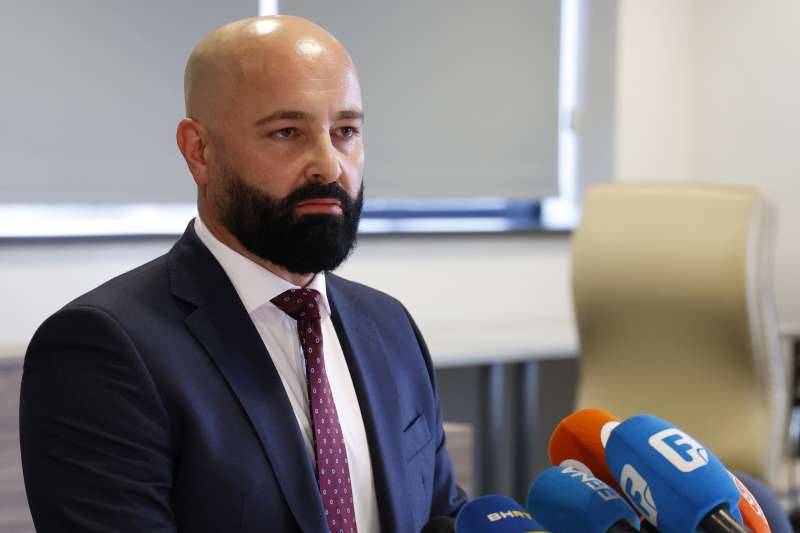MOSTAR, July 24 (FENA) - A recession in the European Union would slow down the BiH economy and negatively affect the living standards of citizens, said economic analyst Admir Čavalić for FENA, commenting on the recent statement by the head of the IMF, Kristalina Georgieva, about a possible recession in Europe.
He believes that interest rates could still rise until the end of the year in order to reduce inflation, stressing that when comparing salaries and prices, one should follow the consumer price index, which records inflation, as well as the median salary, which in BiH is about 750 KM.
“The economy of Bosnia and Herzegovina directly depends on the economic conditions in the EU member states. About 80 percent of our foreign trade activities are related to the Union, and in general there is a trend of convergence between the domestic and EU economies. This means that regardless of what we do, as a small economy, we have guaranteed growth of 2 to 3 percent per year only on the basis of exceptional growth in the Union,” said Čavalić.
On the other hand, he further states, the recession in the EU or other negative economic trends imply a slowdown in the economy of Bosnia and Herzegovina, specifically a lack of investment, a drop in employment, stagnant wages, but also indirectly a lower social potential of our diaspora, which certainly has a negative impact on the living standards of the citizens of Bosnia and Herzegovina.
Asked what the government should do to reduce the high inflation that further lowers the standard of living, especially for the most vulnerable, he answered that entities can reduce the fiscal burden of work, especially FBiH, while cantons can abolish certain parafiscal levies, which some are already doing.
At the same time, municipalities and cities can also work to reduce the burden of the crisis, at least temporarily.
He believes that in addition to the fiscal policy, we must also have some innovations in the social policy and improve the foreign trade policy, in order to facilitate exports as well as imports.
Speaking about the growth of interest rates and credit installments, he estimates that an additional increase in interest rates can be expected by the end of the year, which will probably lead to a fall in inflation.
According to him, loan users, especially those with a variable interest rate in Bosnia and Herzegovina, should not have major problems on this basis because they would save due to lower inflationary effects.
He also reminded that, according to certain analyses, Bosnia and Herzegovina is the second poorest country in Europe.
“This means that the citizens of Bosnia and Herzegovina have a low standard of living and are still dealing with existential needs, which is a feature of our transition,” he says.
What should worry us, he adds, is the absence of economic growth and the possibility of higher growth rates in order to end the transition of the domestic economy.
Speaking about the rise in prices, and thus comparing the consumer basket with salaries, he asserted that the majority of citizens in Bosnia and Herzegovina have enormous difficulties in meeting their basic existential needs, especially some categories such as pensioners and the unemployed.
(FENA) A. B.











